
8 minutes read
Laravel 11 is out! Here are every new big changes and features.
Table of contents
- → When was Laravel 11 released?
- → Upgrade a project to Laravel 11 or create a new one
- → What’s new in Laravel 11: features and changes
- → How to contribute your own features and bug fixes to this release
When was Laravel 11 released?
Laravel 11 was released on March 12, 2024.
The adoption of a new major version should never be rushed, though.
The framework last had LTS (Long-Term Support) in version 6, but each major version has two years of updates, which should give you enough time to get your codebase in check and upgrade it.
According to the Support Policy, Laravel 10 will receive bug fixes until August 6th, 2024 and security fixes until February 4th, 2025.
| Version | PHP | Release | Bug fixes until | Security fixes until |
|---|---|---|---|---|
| 10 | 8.1 | February 14, 2023 | August 6, 2024 | February 4, 2025 |
| 11 | 8.2 | March 12, 2024 | September 3, 2025 | March 12, 2026 |
Upgrade a project to Laravel 11 or create a new one
To upgrade a project to Laravel 11, follow my simple to understand upgrade guide that contains tons of tips.
And to create a new Laravel 11 project, get the official installer and run the following command:
laravel new hello-world
Or, if you prefer to use Composer explicitly:
composer create-project laravel/laravel hello-world
What’s new in Laravel 11: features and changes
A slimmer application skeleton
With the introduction of Laravel 11, it was time to declutter and redefine how a Laravel application is structured. The goal? To give you a leaner and more efficient starting point for your projects. And let me tell you, they’ve delivered.
The all-new bootstrap/app.php file
The heart of this makeover is the bootstrap/app.php file, revitalized to act as your central command station. It’s here you’ll tweak application routing, middleware, service providers, exception handling, and a bunch more – all from one spot. Think of it as the captain’s chair of a spaceship.
Simplified service providers
Are you used to juggling multiple service providers? Laravel 11 says, “No more!” Now, there’s just one AppServiceProvider. This change consolidates the functions of the old service providers into either the bootstrap/app.php or the AppServiceProvider, making your codebase tidier.
Optional API and broadcast route files
Not every app needs API and broadcasting capabilities out of the gate. Laravel 11 acknowledges this by not including api.php and channels.php route files by default. Need them? Just a simple Artisan command away. Laravel’s flexibility shines here, allowing you to add features only when you need them.
php artisan install:api php artisan install:broadcasting
Gone are the default middleware classes
Gone are the days of a cluttered middleware folder. Laravel 11 has moved these middleware into the framework itself, letting you enjoy a cleaner application structure without losing the ability to customize middleware behavior from bootstrap/app.php. Learn more: (How to customize default middleware in Laravel 11)[/customize-middleware-laravel-11]
->withMiddleware(function (Middleware $middleware) { $middleware->redirectGuestsTo('/admin/login'); })
Exception handling also moved to bootstrap/app.php
In the spirit of consolidation, exception handling has also moved to the cozy confines of bootstrap/app.php. This keeps your application’s structure lean and means you won’t have to hunt through multiple files to manage exceptions.
Here’s a code sample from Laravel 11’s release notes (bootstrap/app.php):
->withExceptions(function (Exceptions $exceptions) { $exceptions->dontReport(MissedFlightException::class); $exceptions->reportable(function (InvalidOrderException $e) { // ... }); })
Direct tasks scheduling in routes/console.php
Scheduling tasks is now as simple as adding a few lines to your routes/console.php file, thanks to the new Schedule facade. No need for a console kernel anymore.
In routes/console.php:
use Illuminate\Support\Facades\Schedule; Schedule::command('some-service:sync')->daily();
A minimalist base controller class
The base controller class in Laravel 11 has gone on a diet. The AuthorizesRequests and ValidatesRequests traits still exist, but you will also now have to opt-in.
For instance, if you are using policies and want to do check for authorizations, you’ll have to include the AuthorizesRequests trait in your base controller (app/Http/Controllers/Controller.php):
namespace App\Http\Controllers; use Illuminate\Foundation\Auth\Access\AuthorizesRequests; abstract class Controller { use AuthorizesRequests; }
The new health-check endpoint
Laravel 11 introduces a new health-check endpoint that allows you to perform various verifications of the different parts of your application and ensure everything is running smoothly.
The endpoint can be defined in bootstrap/app.php like so:
->withRouting( web: __DIR__.'/../routes/web.php', commands: __DIR__.'/../routes/console.php', health: '/up', )
Whenever the endpoint is hit, a Illuminate\Foundation\Events\DiagnosingHealth event is dispatched.
Per-second rate limiting
Rate limiting in Laravel is incredibly easy to set up. With Laravel 11, you can now set a rate limit per second.
But why is it useful? Let’s take this example:
RateLimiter::for('invoices', function (Request $request) { return Limit::perMinute(120); // [tl! --] return Limit::perSecond(2); // [tl! ++] });
- If we limit the amount of requests per minute, it means that your users will also be able to send 120 requests in a second.
- But if we limit the amount of requests per second, your users won’t be able to cram 120 requests in a second, while still being limited to 120 requests per minute.
See now why it’s a great change?
Discover the new Model::casts() method
Usually, in Laravel, you declare attribute casting in an Eloquent model like this:
class User extends Model { protected $casts = [ 'email_verified_at' => 'datetime', ]; }
With Laravel 11, you can now define your casting through a casts() method in your model, giving you a chance to use static methods with parameters. This is how it looks:
class User extends Model { protected function casts() : array { return [ 'foo' => AsCollection::using(FooCollection::class), ]; } }
Moreover, you can now also specify your casts as an array:
class User extends Model { // Even in the old $casts property! protected $casts = [ 'foo' => [AsCollection::class, FooCollection::class], ]; protected function casts() : array { return [ 'foo' => [AsCollection::class, FooCollection::class], ]; } }
Note that the casts() method is prioritized over the $casts property.
All these changes are non-breaking, meaning they won’t affect your current code if you update to Laravel 11.
See the pull request on GitHub: [11.x] Adds Model::casts() method and named static methods for built-in casters
There’s a new handy trait named “Dumpable”
This pull request introduces a new Dumpable trait in Laravel 11, intended to replace the current dd and dump methods in most of the framework’s classes.
The trait allows Laravel users and package authors to include debugging methods easily within their classes by utilizing this trait.
Here’s a code example showing how it can be used:
<?php namespace App\ValueObjects; use Illuminate\Support\Traits\Dumpable; use Illuminate\Support\Traits\Conditionable; class Address { use Conditionable, Dumpable; // ... } $address = new Address; // Before: $address->foo()->bar(); // After: $address->foo()->dd()->bar();
See the pull request on GitHub: [11.x] Adds Dumpable concern
Dropped support for PHP 8.1
PHP 8.2 is established and PHP 8.3 is now the latest version of PHP. Laravel can now move forward and abandon 8.1.
But remember: your Laravel apps don’t need to be updated to the latest and greatest as soon as they’re released.
Especially if you have projects with paid clients or employees who depend on them to do their work.
Those projects need to slowly but surely move forward by doing extensive testing. Don’t rush.
See the pull request on GitHub: [11.x] Drop PHP 8.1 support
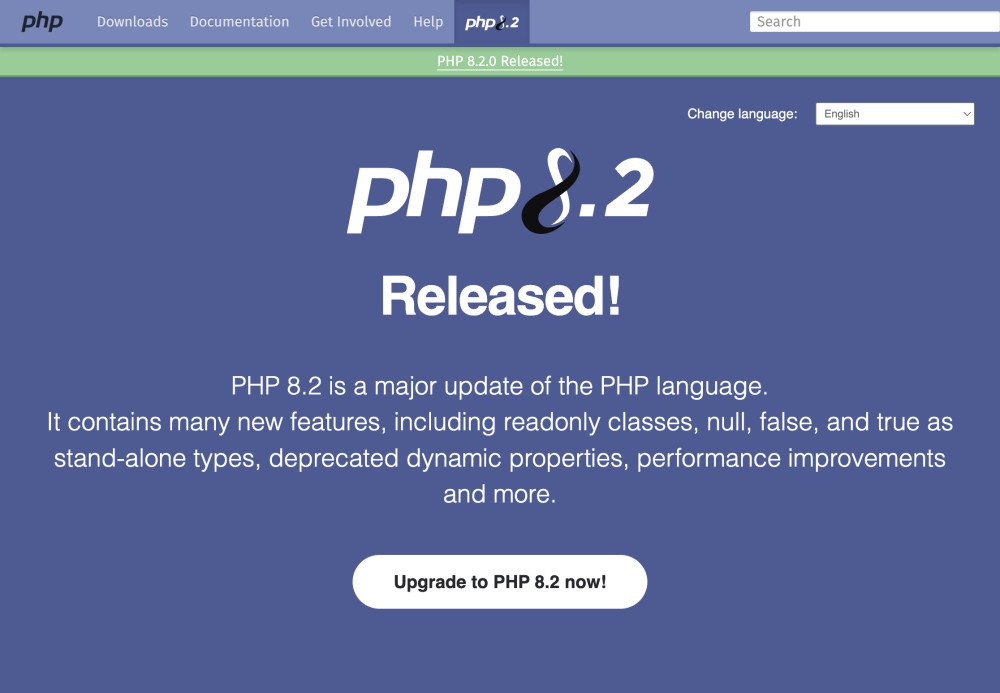
Laravel 11 release preparation pull requests
Here’s a list of every merged PR I found to prepare the release of Laravel 11:
- [11.x] Set up Laravel v11
- [11.x] Update Testbench dependencies for Laravel 11
- [11.x] Removed old WithoutEvents trait
- And more!
There are a lot of small details to dig into that I didn’t include in this article for the sake of conciseness.
How to contribute your own features and bug fixes to this release
Did you know you can fix the bugs you have encountered or create the next big feature for Laravel 11?
- See what’s going on for Laravel 11 on GitHub: https://github.com/laravel/framework/pulls. The Pull Requests will tell you what’s already been done.
- Take one of your pain points with the framework and create a solution yourself.
- Send the PR over to the laravel/framework repository, collect feedback, improve, and get merged.
One important tip to increase your chances of being merged: add something to the framework that’s a win for developers but not a pain to maintain for Taylor and his team in the long run.

Did you like this article? Then, keep learning:
- Explains how to customize the new middleware approach in Laravel 11
- Deep explanation of how Laravel works, great for understanding under-the-hood changes
- How to publish API and broadcasting routes removed by default in Laravel 11
- Detailed explanations of Laravel 10 features for context on Laravel 11 evolution
- Comprehensive guide on upgrading Laravel 11 step-by-step
- Step-by-step Laravel installation guide, useful for fresh Laravel 11 projects
- Summary of Laravel version history including major upgrades and LTS info
- How to publish config files in Laravel 11’s new minimalist skeleton
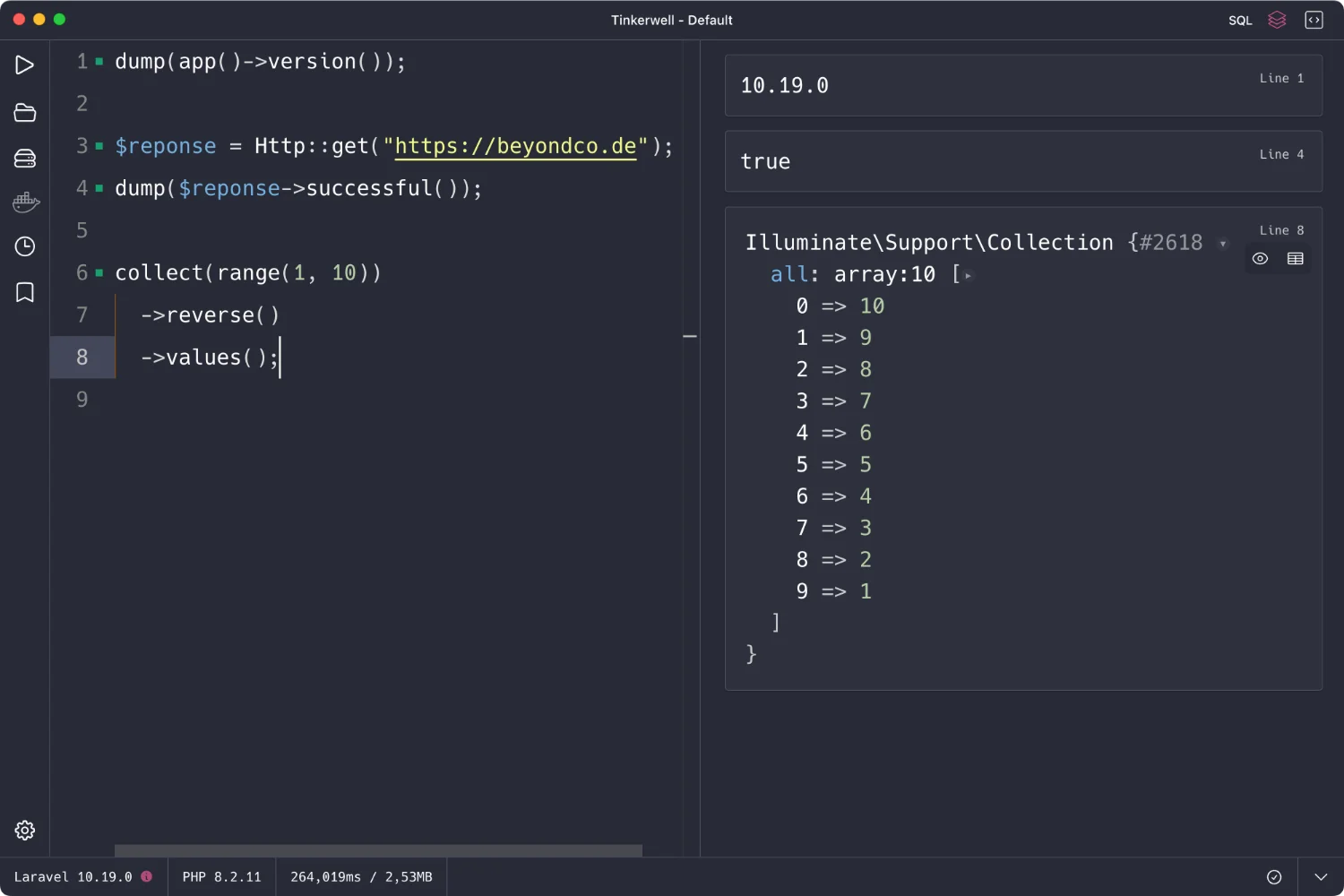
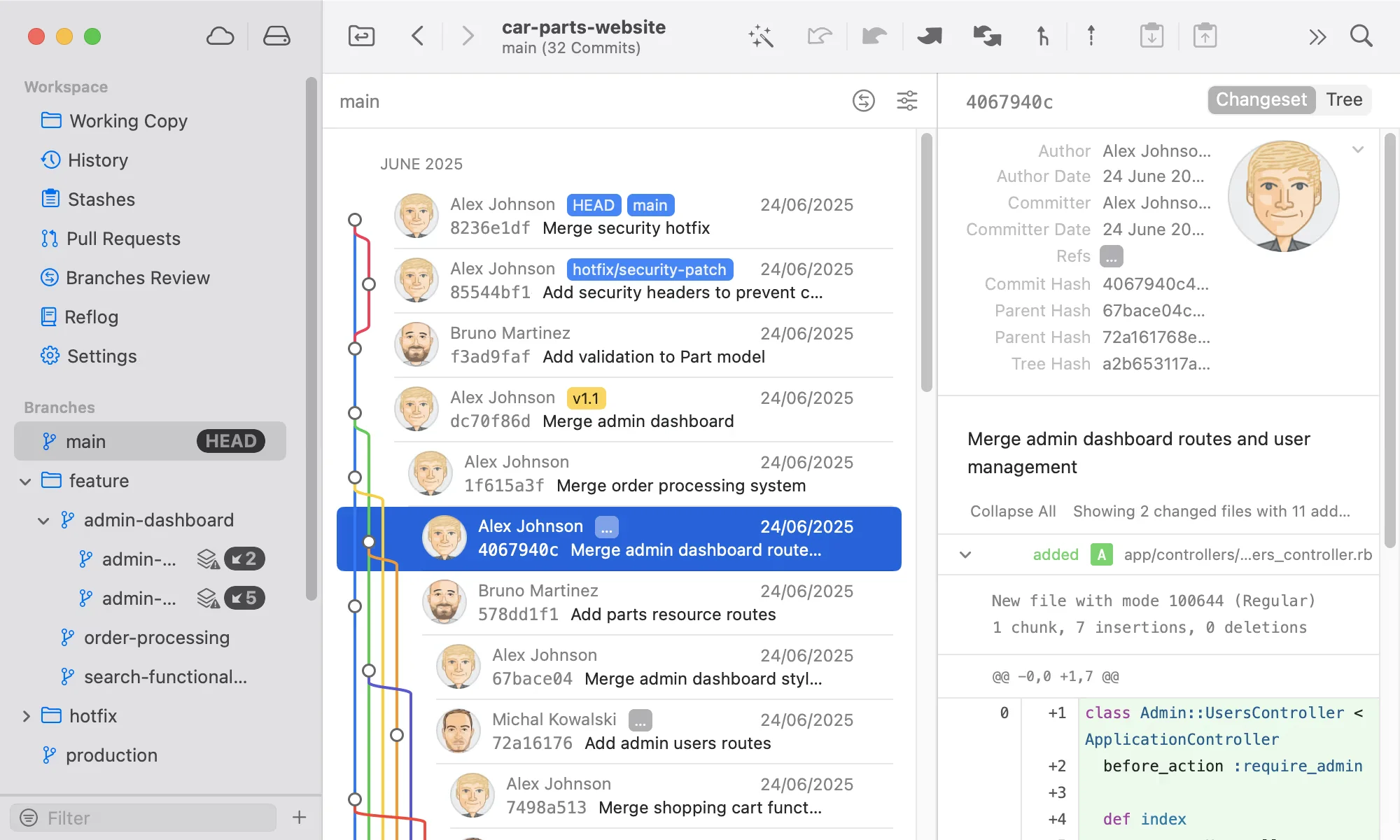
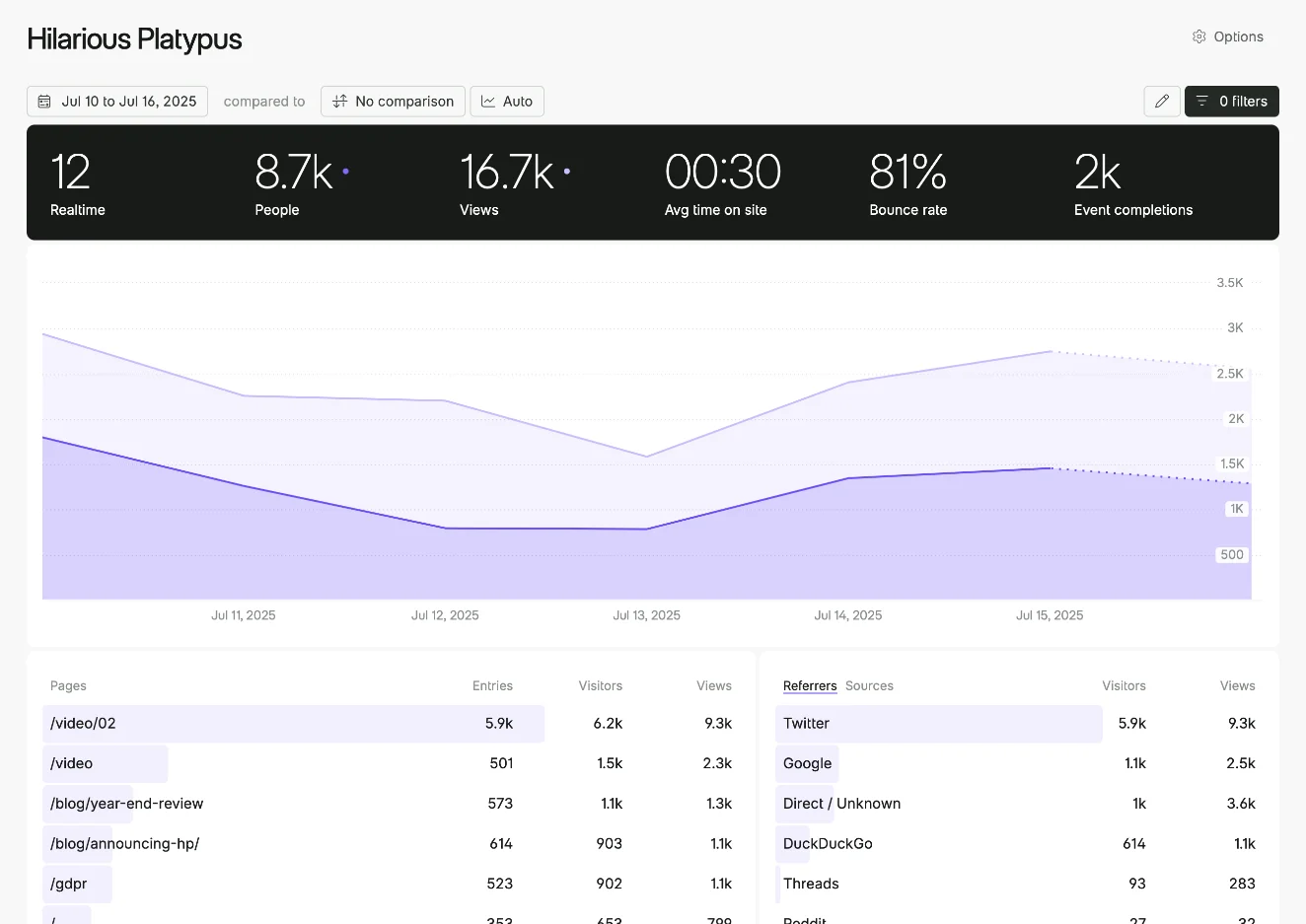
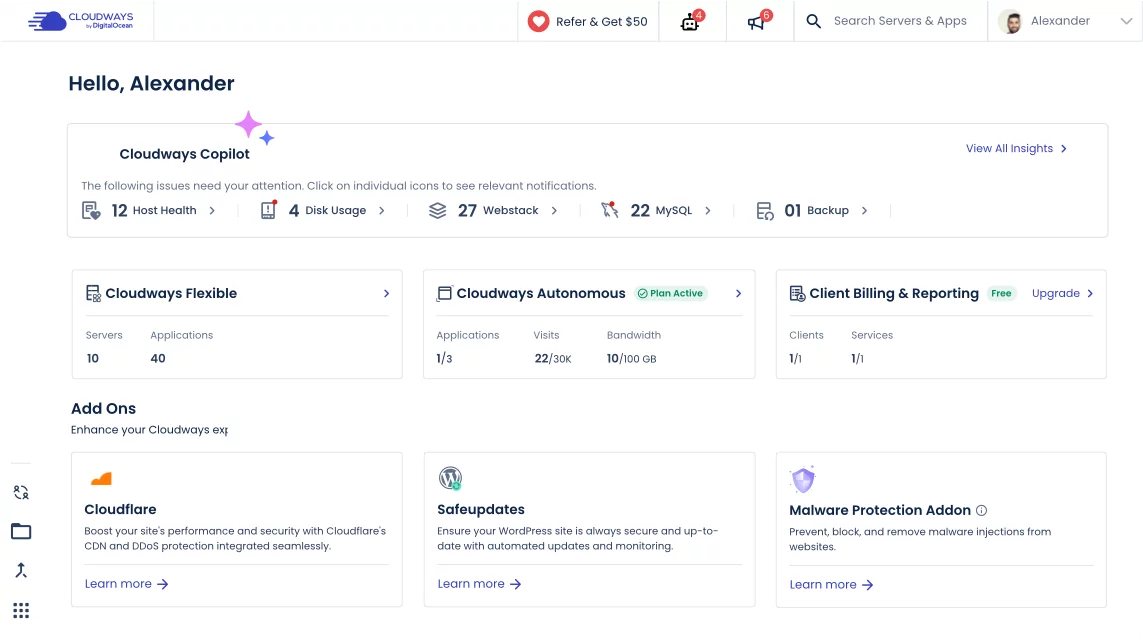

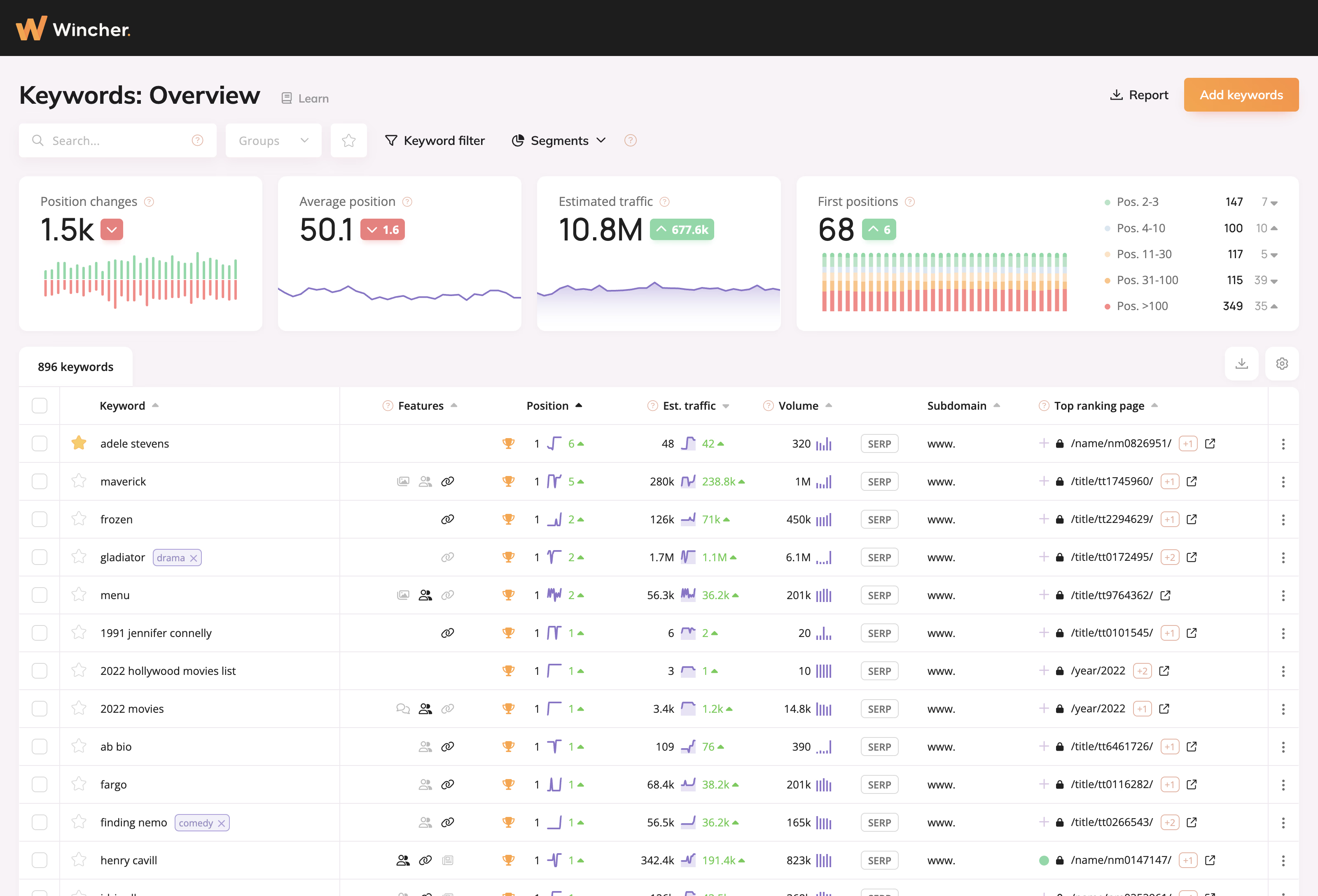
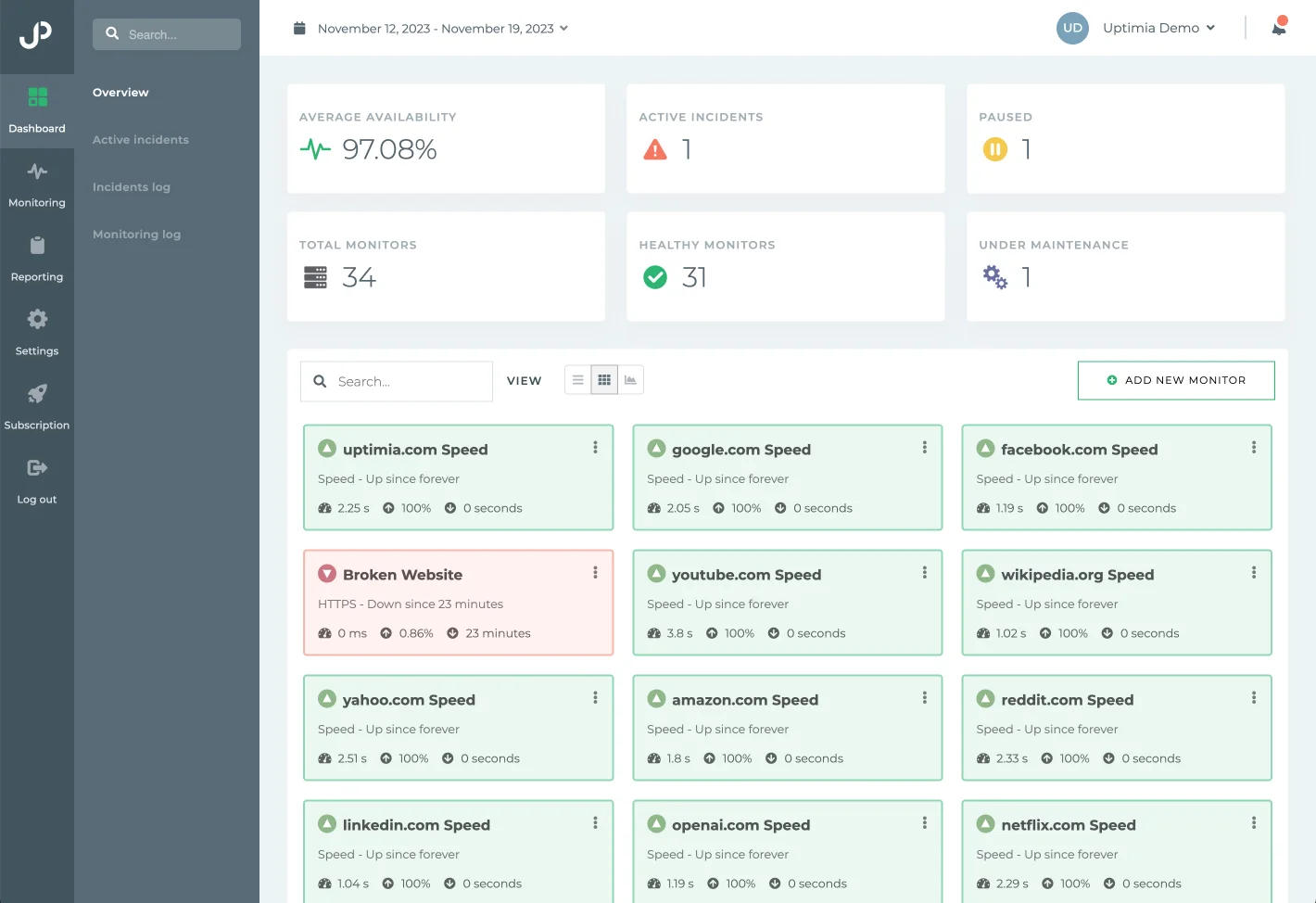
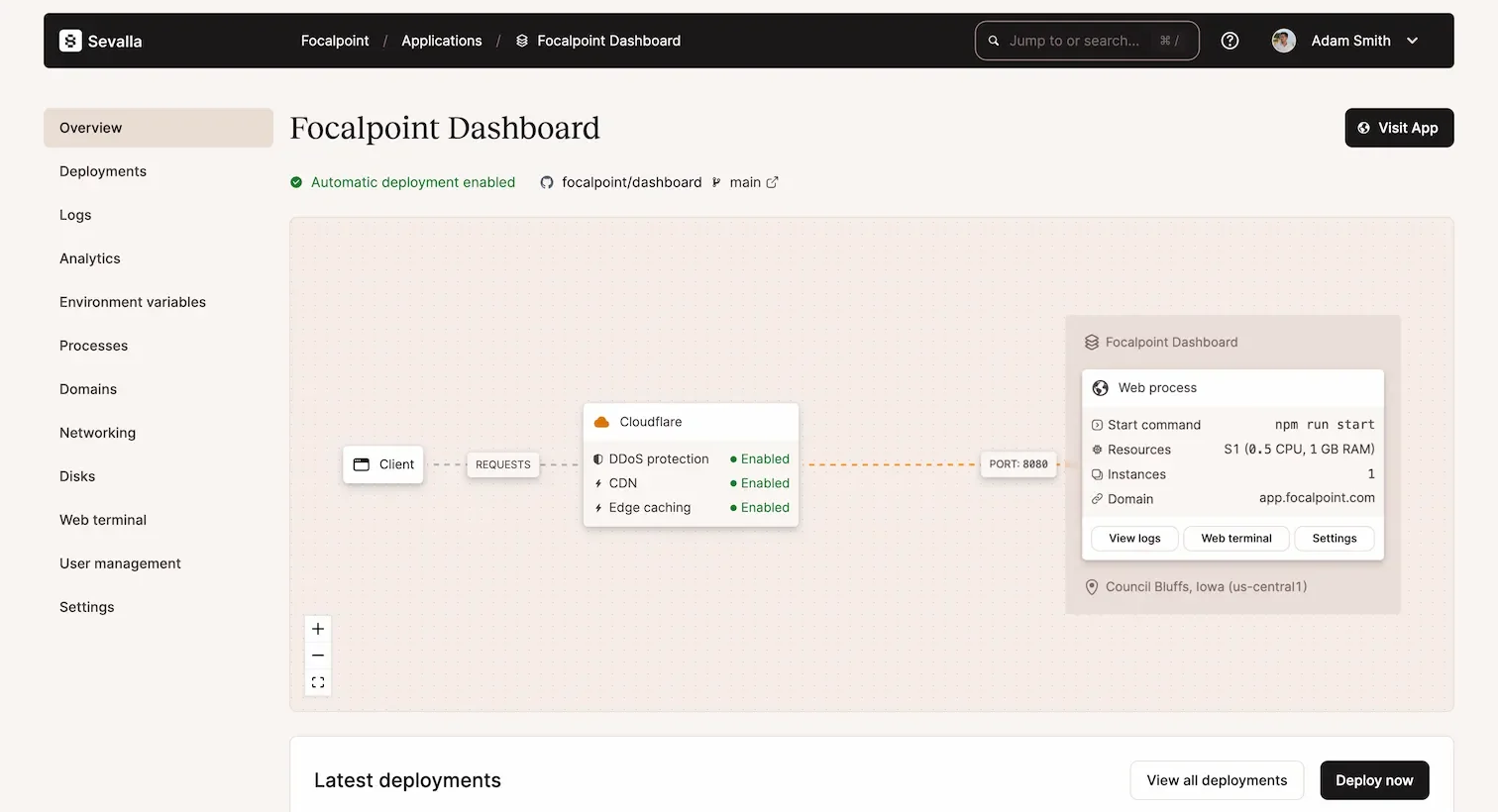
0 comments